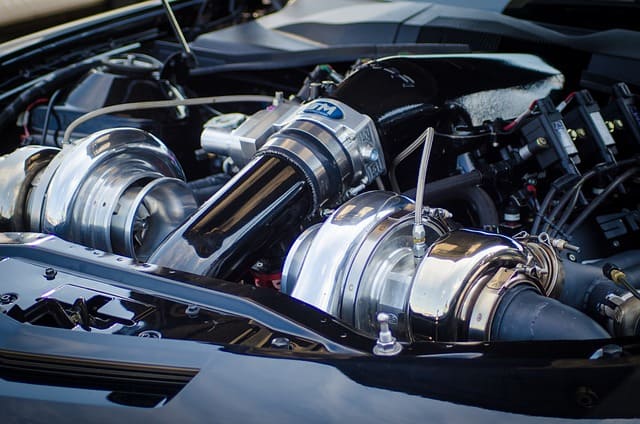Turbocharged engines have become the norm in modern vehicles as manufacturers seek a balance between power and fuel efficiency. These high-performance engines rely on turbochargers to boost power output, making it crucial to understand the functionality of turbos and the vital role synthetic motor oil plays in their maintenance and efficiency.
Introduction to Turbocharging in Modern Vehicles
Turbocharging has gained popularity for its ability to enhance engine performance while maintaining fuel economy. By utilizing exhaust gases to increase air pressure in the engine, turbos allow for more efficient combustion, leading to increased horsepower without compromising on fuel efficiency.
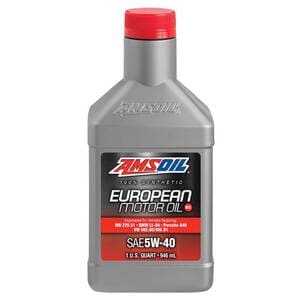
Understanding the Turbocharger
Definition and Purpose of a Turbocharger
A turbocharger is a device that forces more air into the combustion chamber of an engine, increasing the power output. By compressing the intake air, turbos enable smaller engines to produce the power of much larger ones.
Components of a Turbocharger
Turbine: Driven by exhaust gases, the turbine can reach speeds up to 150,000 RPM.
Compressor: Presses incoming air, providing the necessary turbo boost.
Connecting Shaft: Transfers energy between the turbine and compressor.
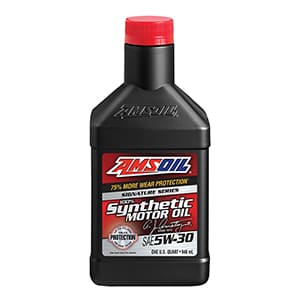
Detailed Look at the Turbine
Role of the Turbine in Turbocharging
The turbine is powered by exhaust gases, which spin it at high speeds. This spinning action drives the compressor through a connecting shaft, creating the boost necessary for increased engine power.
Importance of Exhaust Gas Temperature
The turbine operates at extremely high temperatures, influenced by red-hot exhaust gases. The high-speed rotation and heat make robust lubrication essential for preventing component wear and tear.
The Compressor’s Function
How the Compressor Builds Pressure
The compressor takes in ambient air and compresses it, increasing the air pressure. This compressed air is then forced into the engine’s combustion chamber, resulting in a turbo boost that enhances engine performance.
Relationship Between the Compressor and Turbine
The energy generated by the turbine is transferred via the connecting shaft to the compressor. This symbiotic relationship ensures that the turbocharger provides the necessary boost for improved engine efficiency.
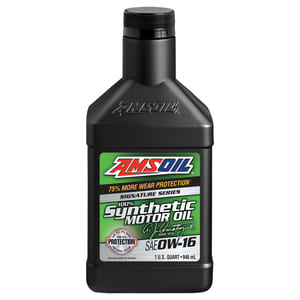
The Connecting Shaft
Description and Functionality
The connecting shaft is a critical component that transfers energy from the turbine to the compressor. It must resist both extreme heat and high rotational speeds, making proper lubrication vital.
Oil’s Role in Turbochargers
Importance of Oil in Cooling and Lubricating the Shaft
Oil serves dual purposes in turbochargers: cooling and lubrication. Given the extreme conditions—high RPMs and scorching exhaust gases—only the best synthetic motor oils can effectively prevent overheating and friction.
Problems Associated with Turbochargers
Common Issues
Oil Cooking (Coking): High temperatures can cause oil to cook, leading to residue buildup.
Oil Oxidation: Prolonged exposure to heat causes oil to break down and oxidize.
Explanation of Why These Problems Occur
Both coking and oxidation occur due to the extreme heat and high-speed operation of turbochargers. Lesser quality oils are more susceptible to these issues, resulting in reduced turbocharger efficiency and lifespan.

Understanding Oil Coking
Definition of Coking
Coking refers to the residue left behind when oil cooks under high heat. This buildup can damage engine components, leading to decreased performance and higher maintenance costs.
How Coking Affects Turbocharger Performance
Coked oil residue restricts oil flow, reducing the turbocharger’s cooling and lubricating efficiency. Over time, this can lead to component failure and increased wear and tear.
Oxidation in Turbochargers
Definition of Oil Oxidation
Oxidation occurs when oil chemically breaks down due to sustained exposure to high temperatures. This process reduces the oil’s effectiveness and can lead to sludge formation.
Effects of Oxidized Oil on Turbocharger Efficiency
Oxidized oil loses its ability to lubricate and cool effectively, contributing to increased friction and heat within the turbocharger. This results in decreased performance and potential damage to turbo components.
Quality of Oil in Turbochargers
Importance of Using High-Quality Synthetic Oils
The best synthetic motor oils for turbo engines offer superior resistance to both coking and oxidation. High-quality synthetics, such as AMSOIL Signature Series, are engineered to withstand the extreme conditions inside turbochargers.
Characteristics of Good Synthetic Oils
Proper Additives: Ensure long-term stability and performance.
High-Resistance: Designed to resist heat and oxidation, maintaining their efficacy over extended periods.
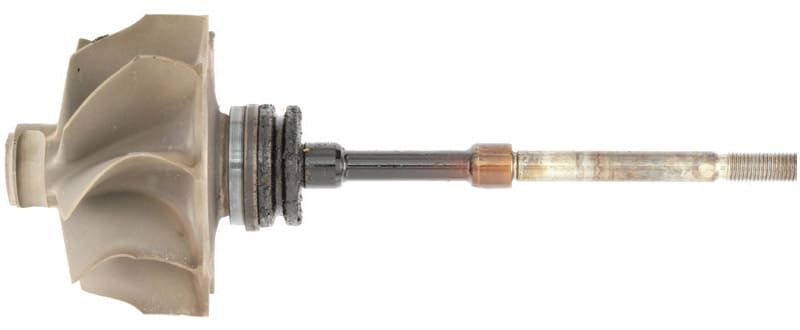
AMSOIL Synthetic Oils for Turbochargers
Introduction to AMSOIL Products
AMSOIL Signature Series Synthetic Motor Oils are specifically designed to meet the rigorous demands of turbocharged engines. These oils provide unparalleled protection against common turbocharger issues.
Key Features of AMSOIL Signature Series Oils
Resistance to Coking and Oxidation: AMSOIL Signature Series oils protect turbochargers 72% better than required by the GM* dexos1 Gen 2 specification, as proven in independent tests.
State-of-the-Art Testing: Ensures durability and performance under extreme conditions.
Testing and Validation
Importance of Rigorous Testing
AMSOIL conducts extensive testing to ensure their oils meet and exceed performance standards. These tests include heat resistance and oxidation resistance trials to confirm the oil’s robustness.
Maintaining Turbocharger Efficiency
Tips for Keeping Turbochargers in Optimal Condition
Regular Oil Changes: Using high-quality oils and changing them according to manufacturer recommendations ensures longevity.
Selecting the Right Oil: Opt for oils specifically designed for turbocharged engines to maximize performance and protection.

Benefits of Using AMSOIL Oils
Long-Term Performance Benefits
Enhanced Efficiency: High-quality oils maintain optimal turbocharger performance.
Reduced Maintenance Costs: Prevent common issues such as coking and oxidation, cutting down on repair costs.
Protecting Against Common Turbocharger Problems
AMSOIL oils offer superior protection against the high heat and stress experienced by turbocharged engines, ensuring components stay clean and functional.
Final Recommendations
Proper maintenance is crucial for keeping your turbocharged vehicle running smoothly. Using AMSOIL Signature Series Synthetic Motor Oils provides the best protection available, safeguarding your engine from heat and wear. To explore AMSOIL products, visit bestengineoilintheworld.com.
Conclusion
Turbocharged engines demand high-quality, robust oils to perform at their best. The best synthetic motor oil for turbo engines, such as AMSOIL Signature Series, ensures that your turbocharger stays cool, lubricated, and efficient, leading to enhanced vehicle performance and longevity. Make the smart choice for your turbocharged engine and invest in AMSOIL today.

*All trademarked names and images are the property of their respective owners and may be registered marks in some countries. No affiliation or endorsement claim, express or implied, is made by their use.
